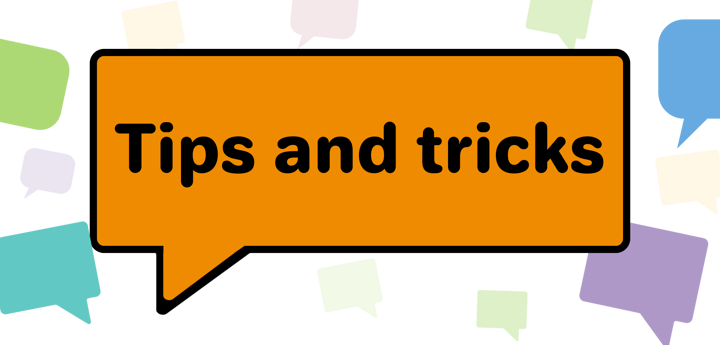Neurodiversity support pack
The positives of neurodiversity
It's important to embrace your child or young person's neurodiversity. Being able to think differently is great for problem solving and creativity.
It's important to embrace your child or young person's neurodiversity. Being able to think differently is great for creativity and problem solving!
There are things that neurodivergent children and young people can find hard. These should not take away your child or young person's strengths and skills. Encourage and support them so that they can succeed and thrive. Remember, neurodivergent children and young people will grow up into neurodivergent adults.
Positives of neurodiversity
Children, families and clinicians from Bedfordshire and Luton discuss the many good things about their neurodiversities.
Neurodiverse celebrities

Chloe Hayden
ADHD and autism
"I validate myself and remind myself that I’m a neurodivergent human living in a neurotypical society, that I’m not supposed to be functioning like everyone else, and that’s OK. I do need extra help at times. I do need to rely on my support network. I do need to care for myself differently… and that’s OK. I’m allowed to need that. "

Greta Thunberg
Autism, OCD and selective mutism
"When hates go after your look and differences, it means that there it nowhere left to go and then you know you're winning! I have Aspergers that means I'm sometimes different from the norm and given the right circumstances being different is a superpower."
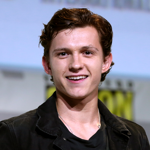
Tom Holland
Dyslexia
“It’s just about taking your time… giving yourself an appropriate amount of time to do the things you need to do. The better prepared you are for anything, the more you’ll be able to do and accomplish things that are fantastic.”

Lewis Capaldi
Tics (Tourette's syndrome)
"My shoulder twitches when I am excited, happy, nervous or stressed. It is something I am living with."

John Green
OCD
"Having OCD is something that is an ongoing part of my life and I assume will probably be a part of my life for the rest of it."
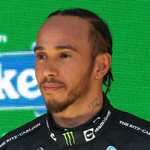
Lewis Hamilton
Dyslexia
"I don't aspire to be like other drivers - I aspire to be unique in my own way."
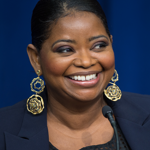
Octavia Spencer
Dyslexia
“I was a dyslexic child and am a dyslexic adult; that doesn’t really mean that you’re not intelligent — it just means that your brain functions differently."
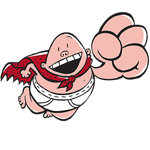
Dav Pilkey
ADHD and dyslexia
Author of Captain Underpants. "ADHD helped me to write stories that were not boring, and my dyslexia helped me too. It helped me to choose my words very, very carefully."

Daniel Radcliffe
Dyspraxia
"Do not let it stop you. It has never held me back, and some of the smartest people I know are people who have learning disabilities. The fact that some things are more of a struggle will only make you more determined, harder working, and more imaginative in the solutions you find to problems"

Emma Watson
ADHD
"I don't want other people to decide who I am. I want to decide that myself."
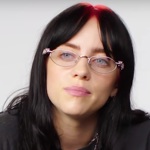
Billie Eilish
Tics (Tourette's syndrome)
"It's not like I like it, but I feel like it's … part of me. I have made friends with it. And so now, I'm pretty confident in it."
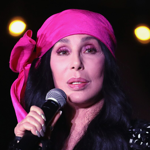
Cher
Dyscalculia and dyslexia
“Almost everything I learned, I had to learn by listening. My report cards always said that I was not living up to my potential.”
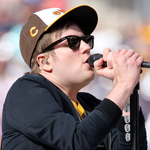
Patrick Stump
ADHD
"I’ll get a musical idea and I can’t not explore it to its conclusion. I don’t have any power to stop myself. I’m all in until the idea is done. It is hard to manage, but one of my doctors said it’s kinda like a superpower in a weird way. You have this ability, but it’s at the expense of other stuff."

Jamie Oliver
ADHD and dyslexia
"Lot of bright kids with dyslexia will be frustrated by what they receive, because the education system doesn’t play to their strengths – but I’m always keen to say don’t let this define you."
Blogs
Talking about neurodiversity
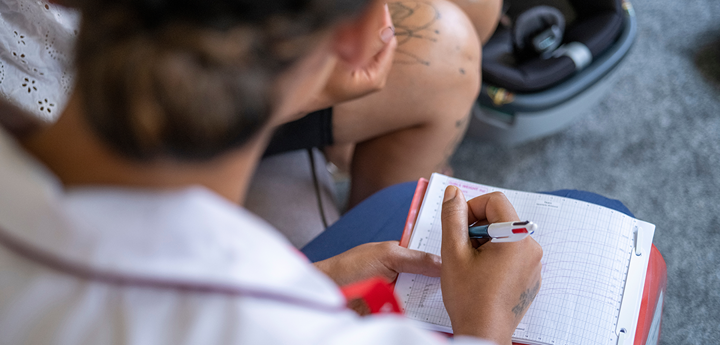
I am autistic
Shining a light on their experience, an autistic clinician writes about their experiences with their autism. Writing about their diagnosis and learning more about how they work.
Read more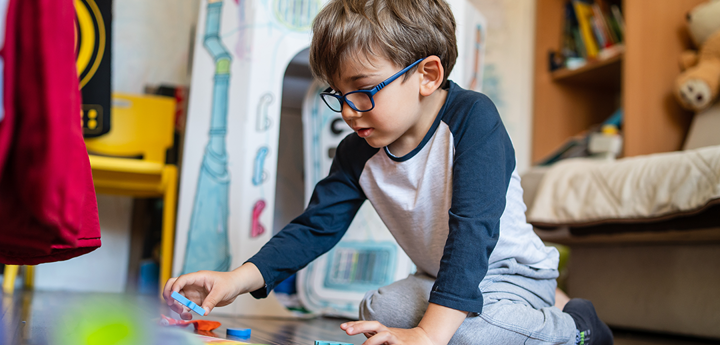
SEND Health Focus Week 2024
Free recorded workshops and webinars covering a range of topics on SEND children under 18 years old. These workshops and webinars were hosted on Microsoft Teams.
Read moreBook club
Recommended books by neurodivergent adults and young people

The awesome autistic go-to guide by Yenn Purkis and Tanya Masterman
This is a guide for young people aged 10 to 14 years old on the autism spectrum. It encourages teens and tweens to identify their strengths, suggests how they can develop their identity, and celebrates neurodiversity. It also has tips for managing tricky situations such as anxiety and meltdowns, as well as fun activities and interactive sections.
Amazon books Google booksWas this page helpful?
This information has been co-produced with parents, young people, local parent forums, CAMHS, education psychology and other key partners. It was also created with a neurodiverse team.
The language around neurodiversity is changing and evolving. We want to ensure our information is inclusive and sensitive. The terms used in this pack are the most up to date when the information was created. If there are any outdated words or terminology, no offense is intended and we will work hard to update these. We are grateful for your support and feedback.

